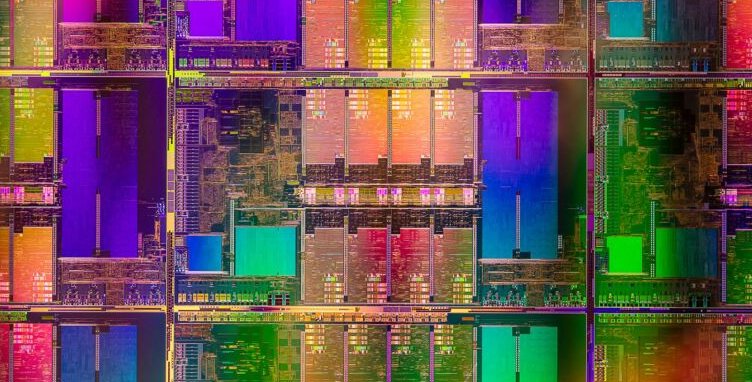
New consumer laptop CPUs include the Core i9-11980HK, Core i9-11900H, and Core i7-11800H—all of which have eight cores—plus the Core i5-11400H and Core i5-11260H, which each have six cores.On Tuesday, Intel announced 10 new 11th-generation CPUs for high-performance laptops, like those made for gamers or content creators. Built on the 10 nm SuperFin process, the new chips are in the Core i9, Core i7, Core i5, and Xeon families, and they carry the label "Tiger Lake-H."
Naturally, Intel put the spotlight on the fastest Core i9-11980HK chip. The company claims this CPU is able to beat its predecessor by several percentage points in games like Hitman 3 and Rainbow Six: Siege, depending on the game—anywhere from 5 percent to 21 percent, according to Intel's own testing.
Intel also says that the Core i9-11980HK beats AMD's Ryzen 9 5900HX by anywhere from 11 to 26 percent. Obviously, reviewers will have to put these claims to the test in the coming weeks.
Other features in the new Tiger Lake-H chips include support for Thunderbolt 4 and Wi-Fi 6E.
As is customary with new Intel CPU launches, numerous OEMs refreshed their laptop lineups with the new chips, including Dell, HP, Lenovo, MSI, Acer, Asus, and others. You can bet that if an OEM offers a portable gaming laptop for which these chips are suitable—like the Dell XPS 15, for example—a new version of that laptop was probably announced today.
Today was a big day for laptop hardware. By no coincidence at all, Nvidia also announced the new GeForce RTX 3050 Ti GPU, which is offered as a configuration option in some of the same laptops that now feature the new Tiger Lake-H CPUs.
Intel has more details about its new laptop chips on its website. The new chips obviously won't be sold to consumers on their own, but you'll likely see them in numerous laptops on the market throughout the next year.
reader comments
95